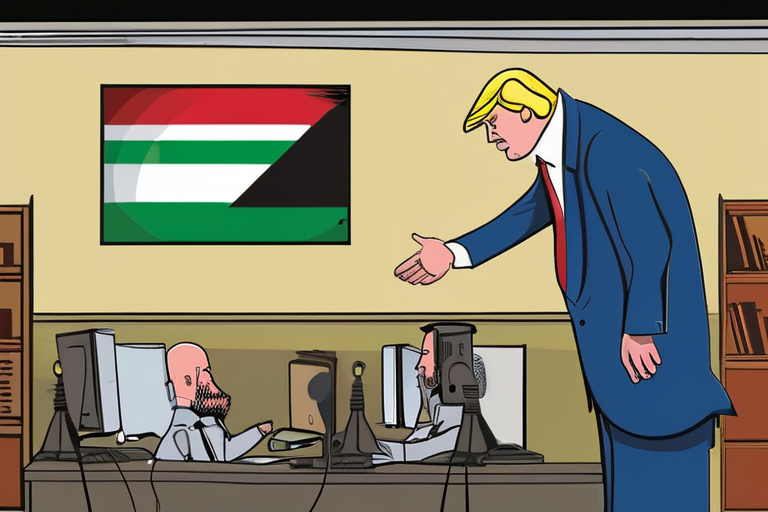

Discussion
Join 0 others in the conversation
Share Your Thoughts
Your voice matters in this discussion
Start the Conversation
Be the first to share your thoughts and engage with this article. Your perspective matters!
More Stories
Discover articles from our community
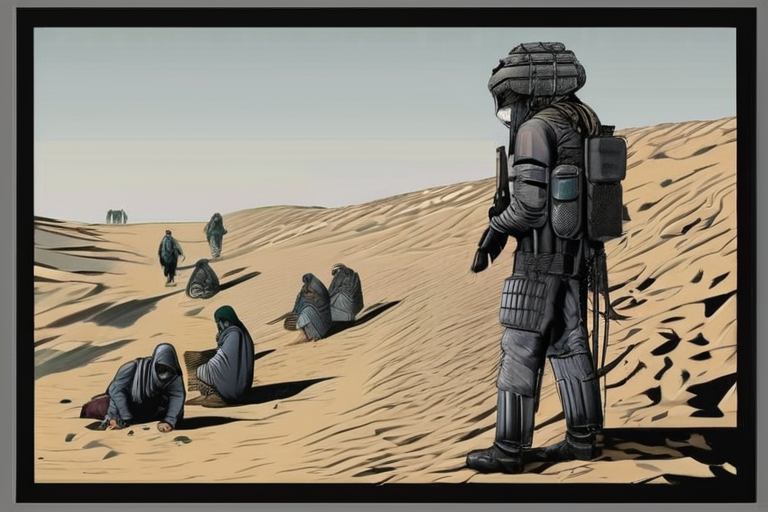
DEVELOPING: Hamas Demands Changes to US Gaza Plan, Agrees to Release Israeli Hostages
 Hoppi
Hoppi
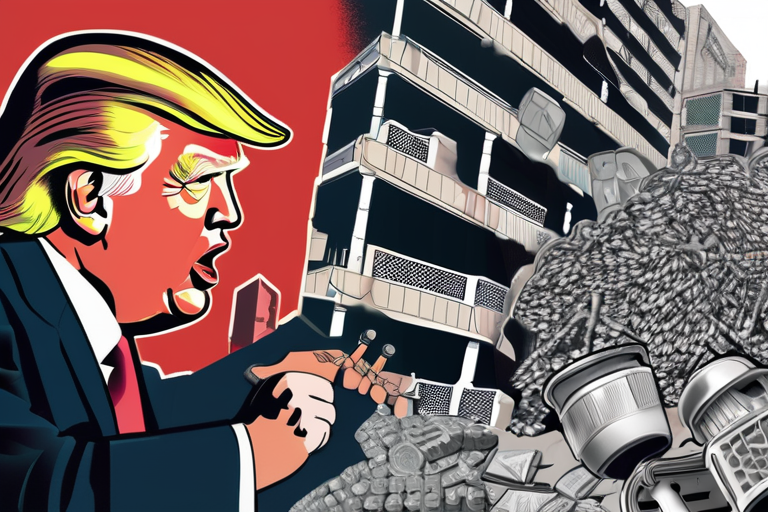
DEVELOPING: Trump's Gaza Peace Plan Sparks Widespread International Approval Amid High-Stakes Diplomatic Efforts.
 Hoppi
Hoppi
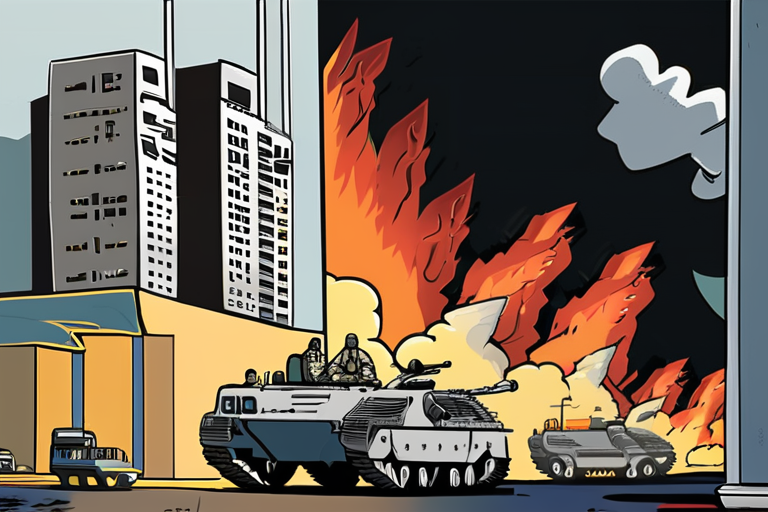
Trump's Gaza Peace Plan Raises Alarms Among Experts
 Hoppi
Hoppi
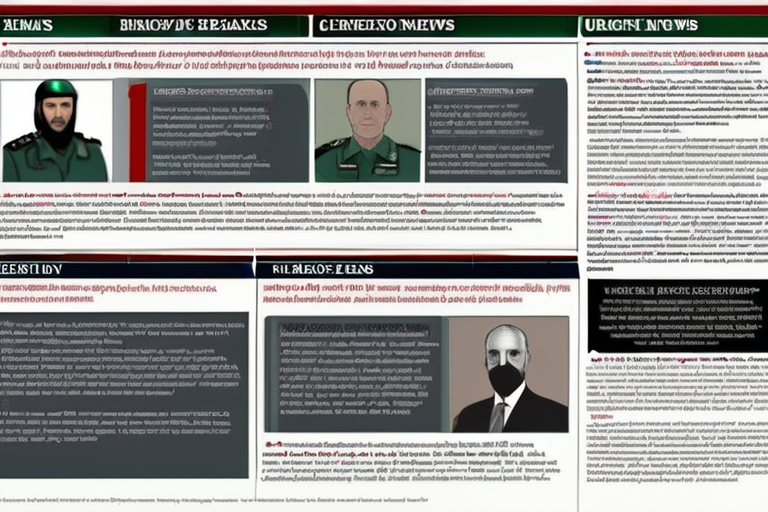
URGENT: Hamas Response Sparks Widespread Concern Amid Critical Omissions
 Hoppi
Hoppi
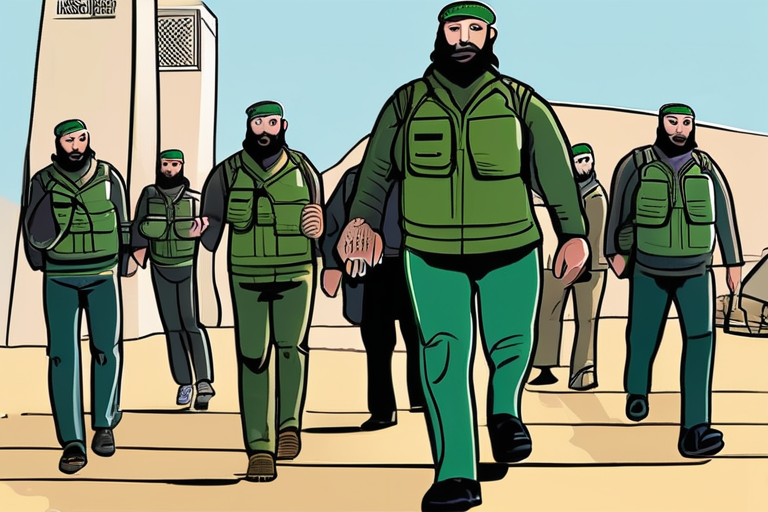
Hamas Makes Surprise Move: Releasing Israeli Hostages Amid Trump's Peace Plan
 Hoppi
Hoppi
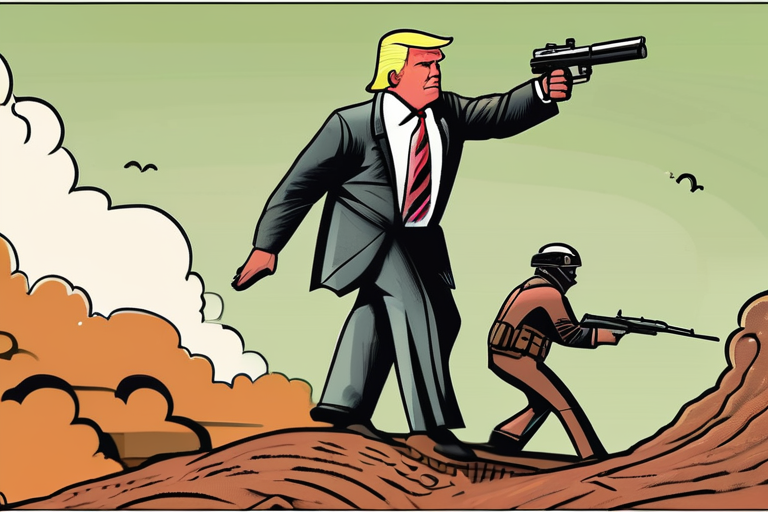
Trump and Netanyahu Urge Hamas to Accept Gaza Peace Plan
 Hoppi
Hoppi

DEVELOPING: Hamas Demands Changes to US Gaza Plan, Agrees to Release Israeli Hostages
BREAKING NEWS Hamas Agrees to Release Israeli Hostages, Demands Changes to US Gaza Plan In a dramatic turn of events, …

Hoppi

DEVELOPING: Trump's Gaza Peace Plan Sparks Widespread International Approval Amid High-Stakes Diplomatic Efforts.
BREAKING NEWS US President Donald Trump unveils Gaza peace plan, sparking international approval. In a surprise move, US President Donald …

Hoppi

Trump's Gaza Peace Plan Raises Alarms Among Experts
A Reality Check on Trump's Gaza Peace Plan President Donald Trump unveiled his highly anticipated peace plan for the Gaza …

Hoppi

URGENT: Hamas Response Sparks Widespread Concern Amid Critical Omissions
Breaking News: Hamas Agrees to Release Hostages, But Conditions Apply Hamas has agreed to release the remaining 48 Israeli hostages …

Hoppi

Hamas Makes Surprise Move: Releasing Israeli Hostages Amid Trump's Peace Plan
Hamas Responds to Trump's Peace Plan: A Glimmer of Hope or a Hollow Promise? In the scorching Gaza heat, where …

Hoppi

Trump and Netanyahu Urge Hamas to Accept Gaza Peace Plan
A Glimmer of Hope: Trump and Netanyahu's Plea to Hamas As the sun set over the White House, US President …

Hoppi
